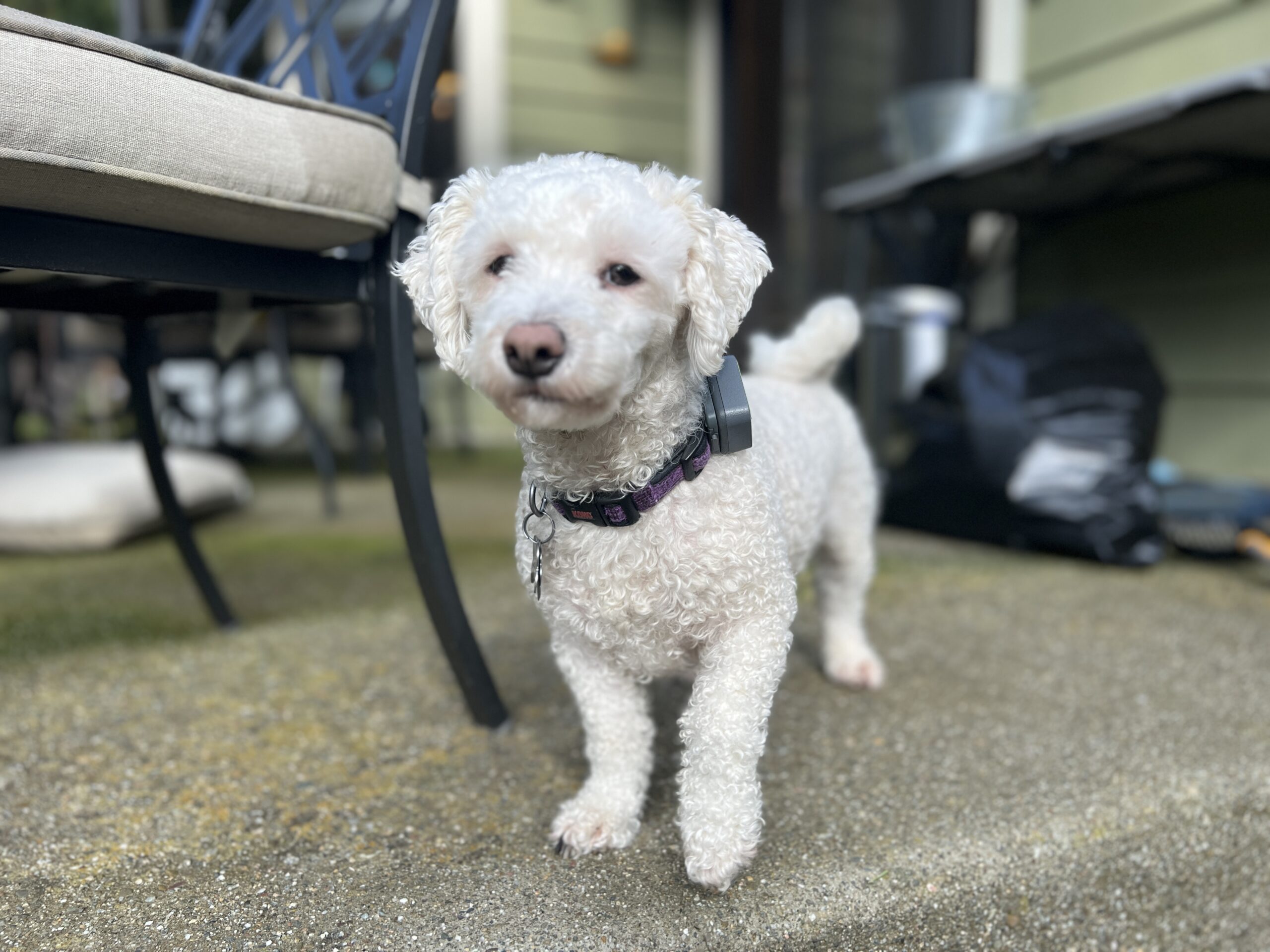With their fluffy white coats, button noses, and sparkling eyes, Bichon Frises often evoke the image of a living stuffed animal more than a canine intellectual. However, don’t let their cuddly looks fool you – these little dogs pack a surprising amount of intelligence.
Types of Dog Intelligence
When we talk about a dog being “smart,” we need to clarify the types of intelligence we’re referring to:
- Instinctive Intelligence: This covers the inherent skills a dog breed was developed for. Bichons, bred as companion dogs, excel at reading human emotions and providing comfort.
- Adaptive Intelligence: This is a dog’s problem-solving ability, how they learn independently from their environment.
- Working and Obedience Intelligence: This measures how well a dog learns and responds to training and commands.

Where Bichon Frises Shine
Bichon Frises typically rank somewhere in the middle in terms of working and obedience intelligence. They can learn a variety of tricks and commands, but they might take longer to master them than, say, a Border Collie. Where they truly excel is in instinctive and adaptive intelligence.
- Emotional Attunement: Bichons have an uncanny ability to sense their owner’s moods and adapt their behavior accordingly. They’re masters at snuggling up when you’re sad or bringing you a toy when you need cheering up.
- Quick Learners: While they may not grasp complex tasks immediately, Bichons are quick observers. They’ll pick up on house rules and routines easily, making potty training and general manners less of a hassle than with some other breeds.Counterpoint: Bichons can be stubborn–some individual dogs really resist potty training!
- Clever Entertainers: Historically used as circus performers, Bichons have natural comedic timing and a love for being the center of attention. They might not excel at formal obedience, but they’ll come up with silly antics or tricks all on their own to get a laugh.
Tips for Training a Bichon Frise
- Positive Reinforcement: Bichons are motivated by praise and treats. Focus on rewards rather than punishment.
- Keep it Fun: Turn training into play sessions. Short, light-hearted bursts are better than long drills.
- Be Patient: Bichons learn at their own pace. Don’t get discouraged, persistence is key.
- Focus on Basics: House training, socialization, and simple commands like “sit” and “stay” are the building blocks for a well-behaved Bichon.
In Conclusion
Bichon Frises may not be winning any canine spelling bees, but their blend of emotional intelligence and adaptability makes them incredibly smart companions. If you’re looking for a dog who understands you, makes you laugh, and learns the essentials of being a good pet with relative ease, then the Bichon Frise might be a perfect fit.
